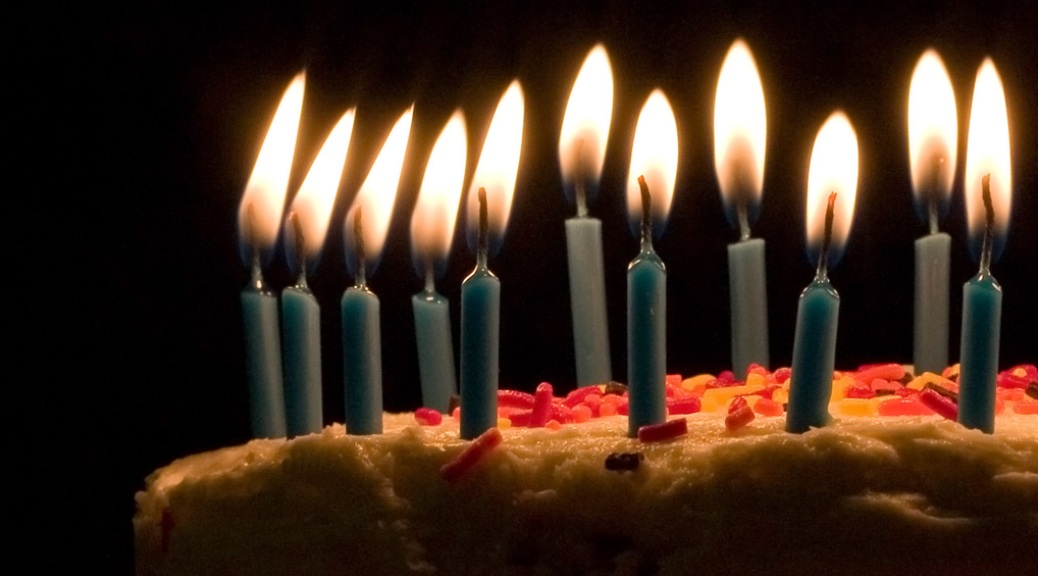Bob "Death to Flying Things" Ferguson (1845)
Zane Grey (1872)
George Burns (1893)
Pinky Hargrave (1896)
Pedro Cepeda (1906)
Don Hutson (1913)
Jackie Robinson (1919)
Ernie Banks (1931)
Hank Aguirre (1931)
Nolan Ryan (1947)
Fred Kendall (1949)
Ted Power (1955)
Ed Wade (1956)
Francisco Oliveras (1963)
Yuniesky Betancourt (1982)
Caleb Thielbar (1987)
Tyler Kinley (1991)
Better known as an author of western novels, Zane Grey played outfield for two years in the low minors, batting .323 in 86 games. He also wrote several books about baseball.
Pedro Cepeda is the father of Orlando Cepeda and is considered by some to have been a better player; he was known as the Babe Ruth of Puerto Rico.
Don Hutson, a charter member of the Pro Football Hall of Fame, played in the low minors from 1936-1937, hitting .301 in 194 games.
Ed Wade was the general manager of the Philadelphia Phillies from 1998-2005 and the Houston Astros from 2007-2011.
Right-hander Francisco Javier (Noa) Oliveras made his major league debut with the Twins, pitching for them in 1989. He was born in Santurce, Puerto Rico and signed with Baltimore as a free agent in 1980. He played his first full season at AA in 1982 at age 19 and did quite well, posting a 3.55 ERA and a 1.21 WHIP. He struggled after that, however, not posting another ERA below four until 1987, when he again spent most of the season at AA. He became a minor league free agent after the 1987 season and signed with Minnesota. Most of his time in the Twins' organization was spent in AAA, but he was in the majors for the months of May and June of 1989. He pitched about like you'd expect someone with his track record to pitch: in 12 games, eight of them starts, he went 3-4, 4.53 with a WHIP of 1.42 and an ERA+ of 92. Oliveras began 1990 with AAA Portland, but was traded to San Francisco at the end of May for a player to be named later, who turned out to be Ed Gustafson. He played for the Giants most of the rest of 1990, nearly all of 1991, and most of 1992, working primarily as a reliever. He did a good job for them, posting an ERA in the mid-threes and WHIPs around 1.2. He became a free agent after the 1992 season and signed with Texas. Things did not go well for him there: he failed to make the team, had a poor year in AAA, and was released after the season. He showed up in 1998, playing for Nashua in the independent Atlantic League, but other than that he was done as an active player. No information about Francisco Oliveras since then was readily available.
Left-handed reliever Caleb John Thielbar pitched for the Twins from 2013-2015. He was born in Northfield, Minnesota, when to high school in Randolph, MInnesota, attended South Dakota State, and was drafted by Milwaukee in the eighteenth round in 2009. He pitched very well in rookie ball, but struggled when promoted to Class A in 2010 and was released after the season. He spent most of 2011 with St. Paul in the American Association, but signed with Minnesota in mid-August and made three good appearances with Fort Myers before the season ended. He started 2012 in Fort Myers but got all the way to Rochester before the season ended. He began 2013 in Rochester, was promoted to Minnesota in May, and stayed there the rest of the season. He showed he belonged there, going 3-2, 1.76, 0.83 WHIP in 49 appearances (46 innings). He was often used as a LOOGY, as he faced one batter in six of his appearances and two in five others. However, he was also effective in getting right-handed batters out when given the chance. He didn't do as well in 2014, but as often happens to relievers, a few bad outings made his numbers look worse than they otherwise would have been. He started 2015 in Minnesota and pitched well except for one bad outing, but he was sent back to Rochester at the end of April. He pitched well there, too, but was waived in early August and taken by San Diego. He became a free agent after the season, went unsigned, and had an outstanding year for St. Paul in the American Association. He signed with Miami for 2017, but was released at the end of spring training and went back to St. Paul, where he had an even better year. He signed with Detroit for 2018 and pitched pretty well in a season split between AA and AAA, but did not get a call to the majors. He again pitched very well in AAA for the Tigers in 2019, but again did not get a call to the majors and was sold to Atlanta at the August deadline. He signed back with the Twins for 2020 and had an excellent season, going 2-1, 2.25 with a 1.15 WHIP. As a Twin, which is where he's done all of his major league playing, Caleb Thielbar is 7-4, 2.65, 1.12 WHIP in 118.2 innings (126 games). He turns thirty-four today and presumably will be part of the Twins' bullpen again this season.
Right-hander Tyler Harrison Kinley appeared in four games for the Twins in 2018. He was born in Plantation, Florida, went to high school in Davie, Florida, attended Barry University (one of three major leaguers to have attended there), and was drafted by Miami in the sixteenth round in 2013. He pitched well in the low minors, but didn't do much when moved to higher levels. In 2017, in his second try at AA, he went 1-2, 8 saves, 5.19 ERA, 1.73 WHIP in his age twenty-six season. That doesn't sound like a pitcher who's ready for the majors, but the Twins took him in the Rule 5 draft and started him out there in 2018. He made four appearances in April, and to no one's surprise except, possibly, the Twins, he allowed nine runs in 3.1 innings for an ERA of 24.30. The Twins returned him to Miami and he had a decent year in AAA. He got a September call-up and did pretty well except for one disastrous appearance in which he gave up five runs in a third of an inning. He started 2019 in the majors, did not do well, was sent back to AAA in early June, pitched very well there, came back in August, and was a very good reliever the last two months of the season. The Marlins waived him, however, and he was taken by Colorado for 2020. He had a high ERA, but it's skewed by a couple of really bad outings, especially one in which he gave up five runs and retired no one. His WHIP was 1.06, so he was getting guys out most of the time. There's no reason Tyler Kinley can't be part of someone's bullpen in 2021.

